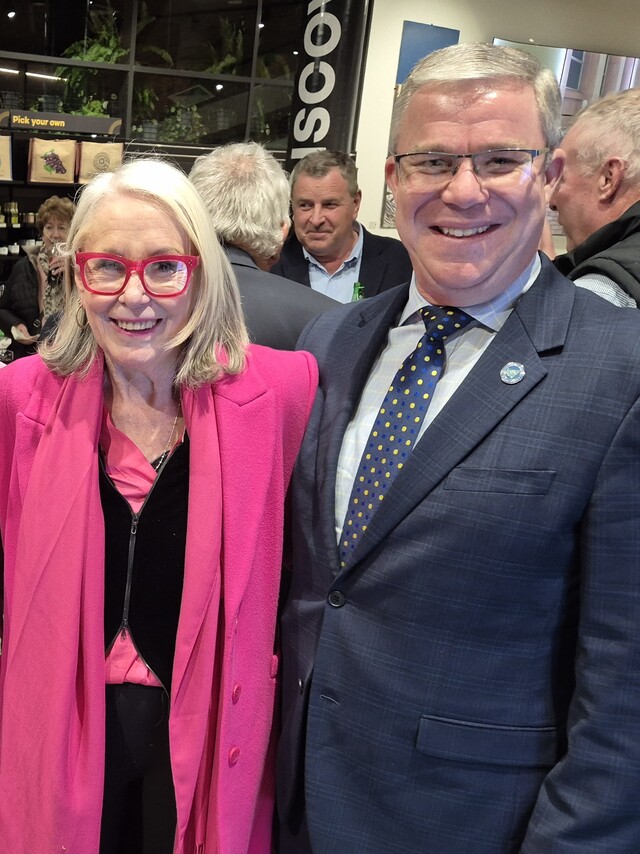South Australia’s District Council of Yankalilla has adopted a holistic approach to the way it deals with its financial decision making.
Yankalilla has a population of around 3,650 people and services an area of 750 square kilometres.
As part of the Local Government Association of South Australia’s Financial Sustainability framework, all South Australian councils now have an Audit Committee.
Established in June 2007, Yankalilla’s Audit Committee, comprises two elected members and an independent person. The Mayor is an exofficio member of the committee.
Yankalilla’s independent person, Paul Newman, is also Chair of the Committee. Having spent over 30 years in the finance industry, Paul holds a Bachelor in Economics, is a CPA and a Senior Certified Finance and Investments Professional. He has worked in both private and public sector financial management positions.
Though his involvement on the Audit Committee, Paul has taken a major role in formulating Yankalilla’s new Treasury Management Policy.
Adopted in December, the policy is a holistic approach to Council’s decision making process, taking into account the annual budget, long term financial plan, projected and actual cash flow, receipts and outlay. The policy provides clear direction to management, staff and Council in relation to the treasury function and establishes a decision making framework that aims to minimise debt and improve approval of borrowings, liquidity and interest rate risk.
Paul Newman said a key component of the policy is that Council no longer borrows for specific projects.
“In the past, Council approved each borrowing separately, and borrowings were undertaken before projects commenced,” he said. “Under the Treasury Management Policy, financing has become a separate decision from project approval.
“At the time of determining the budget, we approve a total borrowing plan for the year. We look at what funds will be generated from operations, how much we need to fund the capital expenditure program for the year, whether this causes a cash surplus or deficit, and what happens to the finance side of things – do we need to borrow or can we repay.
“Borrowing is now the balancing item.”
Paul Newman said that by separating capital works and financing decisions, decisions such as rebuilding the Council Chambers and building a Youth Centre were able to be made on the basis of community needs and OHS requirements.
“Each project was approved on its merits,” he said. “The decision to borrow funds is an outcome of all of the capital works decisions and not related to any specific project.”
Council has also cut back on the amount of money it holds in investments and holds minimal cash balances.
“A Convertible Cash Advance Debenture (CCAD) is used to meet day to day liquidity requirements,” Paul Newman said. “CCAD is a flexible borrowing arrangement. It has been set up with a fixed interest rate and can be taken for a period of up to six months, or between one and ten years on a whole year basis. The system gives Council access to a loan within
24 hours.”
Paul Newman said before the Treasury Management Policy, Council had a number of long term loans.
“We also had up to
$2.5 million tied up in liquid investments, which was gaining a lower return to what we were paying on the loan,” he said. “Under the new approach to Treasury management, we used our liquid investments to fund a large part of the 2007–08 capital budget and at 30 June this year, we had only $80,000 in investments. This change resulted in a $90,000 reduction in net financing cost in 2007–08.”
For further information contact Paul Newman on 0408 035 535 or email paulnewman@bigpond.com







